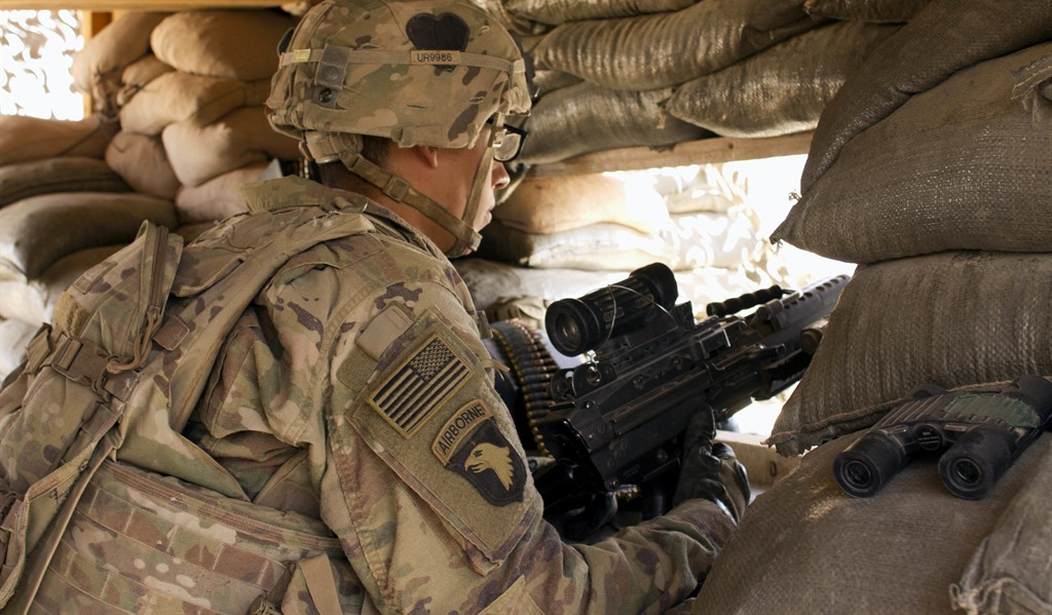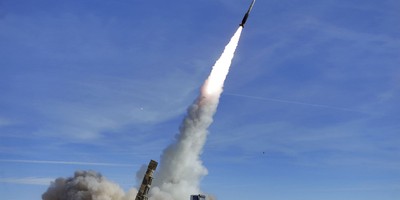For decades, Post-Traumatic Stress Disorder (PTSD) has tormented millions of Americans—especially military veterans—for whom traditional treatments have proven inadequate.
Standard interventions, including selective serotonin reuptake inhibitors (SSRIs) and prolonged exposure therapy, often require years of sustained effort and deliver modest, inconsistent outcomes. The psychological wounds of war persist—and in too many cases, they deepen effectively trapping veterans in a cycle of trauma.
The human cost of this failure is staggering and each year, the devastating reality of veteran suicide highlights this tragedy. According to the U.S. Department of Veterans Affairs, over 6,000 veterans take their own lives annually. To place this into perspective, at the height of combat operations in Afghanistan in 2010—the deadliest year for American troops—499 soldiers lost their lives in combat. In stark contrast, that same year, more than 6,000 veterans died by suicide. In 2022, despite the end of major combat operations, 6,407 veterans died by suicide, a haunting figure. This sobering disparity underscores a moral and humanitarian crisis—one that demands urgent and innovative action.
Against this backdrop, MDMA-assisted therapy (MDMA-AT) has emerged not only as a revolutionary treatment, but as a moral imperative. The data is compelling. Multiple Phase 2 and 3 clinical trials conducted by the Multidisciplinary Association for Psychedelic Studies (MAPS) have demonstrated the significant potential of MDMA-AT to reduce PTSD symptoms. In the most recent Phase 3 trial, over 67% of participants no longer qualified for a PTSD diagnosis after just three treatment sessions combined with psychotherapy. These results, published in leading peer-reviewed journals, are not speculative—they are robust, replicable, and carry profound implications for millions of sufferers.
Recommended
Some countries are already embracing this opportunity. In 2023, Australia became the first nation in the world to reclassify MDMA as a medicine for the treatment of PTSD. Even more importantly, the Australian Department of Veterans’ Affairs has announced its intention to begin reimbursing the cost of MDMA-AT for eligible veterans under its healthcare system—a groundbreaking move that reflects a national commitment to those who served, and making sure they get the best care possible.
Canada, too, is making strides. MDMA-assisted therapy is accessible via Health Canada's Special Access Program (SAP), allowing clinicians to request the use of MDMA for patients with severe, treatment-resistant PTSD. One province, Alberta, has already created a regulatory framework for these treatments, and reimburses the cost of them for their First Responders.
The United States had the opportunity to lead this global shift. In 2022, the Biden administration established a multi-agency task force to explore the policy and regulatory landscape surrounding MDMA-AT. It was a bold step—and one that signaled real political will. But when it came time to act, the administration hesitated. Fears of political blowback and bureaucratic inertia overtook what should have been an obvious choice: to accelerate access to an evidence-based treatment for a national mental health crisis.
Meanwhile, federal agencies like the U.S. Department of Veterans Affairs (VA) and the Defense Health Agency have moved forward, funding and supporting some of the largest clinical trials of MDMA-AT in the world. At PharmAla Biotech, we are proud to supply the MDMA used in these federally funded studies. As the only publicly traded company globally focused on the manufacture and distribution of clinical-grade MDMA, our mission is simple: to enable access to safe, effective psychedelic therapies—beginning with those who need it most.
But research, while essential, is not the final goal. The U.S. cannot remain stuck in a loop of perpetual clinical trials while other nations forge ahead with access and reimbursement.
Veterans do not have time to wait for a perfect policy environment. Every year of delay costs lives, prolongs suffering, and undermines the trust that veterans have placed in the institutions meant to care for them.
Australia is paying for their veterans' treatment today. Canada’s Senate is calling for action.
What is America waiting for?
The science is ready. The need is overwhelming. Veterans deserve access now—not someday.
The United States must act with urgency, compassion, and resolve to approve MDMA-assisted therapy and establish a regulated pathway for access. Anything less is unacceptable.
This column is brought to you by PharmAla.

























Join the conversation as a VIP Member